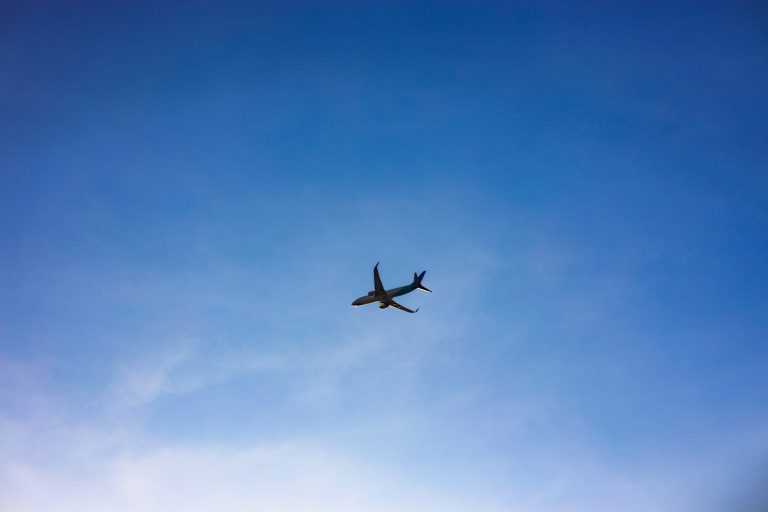
6 November 2024
In an effort to reduce ANU emissions, a team of researchers from the ANU Travel Lab has engaged in an in-depth exploratory research project to flesh out the role of travel in universities. The project specifically examined the role air travel plays in academic life and the measures universities are putting in place to reduce emissions from travel.
This was always going to be a tricky area for reducing emissions, due in part to the geographical remoteness of Australia on the world stage and the complexity inherent in university travel. The drivers for travel, particularly air travel, are multifaceted and operate at multiple scales – sector, institutional, discipline and individual.
The research findings make clear that there is no silver bullet strategy to balancing the benefits of traveling for work activities versus the very pressing need for Australia to collectively reach net zero emissions by 2050. However one key takeaway is that the answer will require each and every one of us to play a role, taking personal responsibility for our travel decisions, aligning these choices with the broader ANU travel goals, AND influencing our wider research networks.
“From the evidence we gathered it is clear that a holistic approach is needed to reduce travel-related emissions at the ANU,” said Dr Rex Martin, social researcher and co-author on the reports. “The actions of individual staff and students will only be effective if supported by change at institutional and sectoral levels. For example, changes to funding and travel policies that enable travel ‘bunching’ (essentially doing the same amount of work but in fewer trips), or which supports ‘bridging time’ between commitments, thereby avoiding unnecessary travel back and forth between locations, would greatly support individual efforts to reduce travel emissions. Similarly, cooperating with other tertiary education institutions about how to collectively decouple travel emissions from the great work Australia’s universities conduct would be to everyone’s benefit.”
The team conducted interviews with 15 universities located in Australia and internationally to understand how they were approaching their goals of reducing travel emissions, noting that approaches and learnings are still emerging. The research sought to reveal how to create meaningful change noting that adopting purely voluntary measures may build engagement with university staff and students but in and of itself, may not translate into tangible results.
Following the extensive review, the team has proposed 11 recommendations aimed at guiding ANU towards less carbon-intensive ways of travelling and working.
These include:
- an approach that fosters a sense of shared accountability and collaboration and continued
- effective communication about the University’s broader sustainability efforts and how travel sits within it. This includes reporting and visualisation of travel emission data and commitment from leadership to reduce travel emissions.
- acknowledging the link between travel and career stage, with consideration given to implementing differentiated carbon budgets based on career stage.
- implementing more systematic training for staff in the use of the ANU travel booking system.
- increasing resources, support and training to enable remote collaborations.
- building upon opportunities to normalise hybrid working patterns.
- implementing discrete trials to explore lower emissions policies and ideas.
- support travel ‘bunching’ structures such as dedicated funds, clear travel policies and administrative support.
- enhance travel policy through a focus on accessibility, equity and caregiving considerations.
- lobbying efforts at a national level to advocate for sustainable transport, on a sectoral level lobbying to consider greenhouse gas emissions and at the institutional level appropriate funding and implementation of more consistent travel policies.
- better accounting for the time involved in undertaking different kinds of work, collaboration and travel – time cost that will likely increase if alternatives to flying are prioritised.
The full recommendations can be read in Travel in transition: exploring ANU travel practices in an era of emissions reduction.
Find out more here: ANU Travel Lab | Environmental Sustainability
